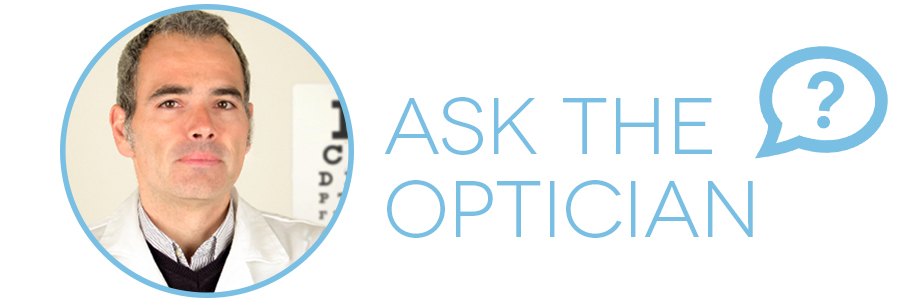What Food Can I Eat To Protect My Eyes?
Just like all our other organs, the good health of our eyes depends on having the right vitamins and minerals in our diet. But do you really need a specially tailored “vision supplement”? Probably not, unless your diet is severely lacking in the vitamins and minerals below. Continue reading to find out what foods contain the nutrition your eyes need!
Vitamin A
Vitamin A is especially important for our vision, and reduces the risk of night blindness, hence the saying that carrots (which are packed with vitamin A) help you see in the dark. While that may not be exactly true, a lack of vitamin A in your diet could certainly contribute to the degeneration of your vision over time. Aside from carrots, other great sources of vitamin A are pumpkin, sweet potato, kale and cod liver oil.
Vitamin C and Bioflavinoids
Vitamin C is important for several reasons: it helps maintain the collagen in your cornea, the capillaries in your retina, and reduces the risk of cataracts. Vitamin C also has a complementary effect when taken together with bioflavonoids, which occur naturally in almost all the same foods as vitamin C (as opposed to vitamin C supplements). Red or green sweet peppers, broccoli, oranges, kiwis and most berries all contain lots of both.

Vitamin E and Selenium
Vitamin E helps reduce the risk of macular degeneration and cataracts, while selenium helps your body to absorb it. It’s important not to take too much vitamin E, because in high doses it can thin the blood and prevent it from clotting. The best sources for vitamin E and selenium are nuts (particularly Brazil nuts), but also seafood, whole grain cereals, sunflower seeds and spinach.
LUTEIN AND ZEAXANTHIN
Lutein and zeaxanthin are yellow pigments which are found in high concentrations in the macula of the human eye. Damage to the macula can cause loss in central vision, as opposed to peripheral. This is one the most common ways in which blindness can develop in old age, and so a a diet with sufficient lutein and zeaxanthin can maintain the health of your vision. They are found in green vegetables, particularly kale, spinach, collard and turnip greens.

OMEGA-3 FATTY ACIDS
The clue is in the name: Essential Fatty Acids like Omega-3 are vital to our health, and because our body can’t produce them itself, we have to get them from the food we eat. Omega-3 is believed to be particularly important in the development of vision in infants, but they also help drain intraocular fluid from our eyes, reducing the danger of high eye pressure and glaucoma. They also reduce the chances of getting dry eyes. The best source of Omega-3 fatty acids is fish, particularly salmon, mackerel and sardines, though you can also get them from seeds like chia and flax.
ZINC
Zinc is the second most abundant metal in our bodies after iron, and it interacts with all classes of enzymes to reduce the number of free radicals. By helping the body absorb vitamin A, it can help with our eye health too. Zinc is relatively easy to get in your diet, being found in seafood, beef, eggs, tofu, beans, nuts and whole grain cereals. It’s also a fundamental component of our immune systems, but having too much zinc can cause problems too, so a supplement is not normally necessary.







































